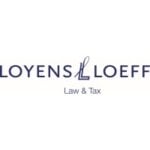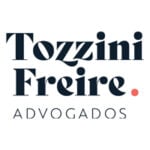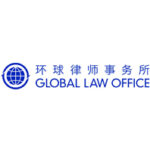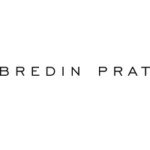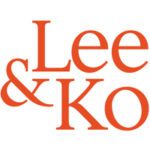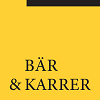-
What proportion of transactions have involved a financial sponsor as a buyer or seller in the jurisdiction over the last 24 months?
-
What are the main differences in M&A transaction terms between acquiring a business from a trade seller and financial sponsor backed company in your jurisdiction?
-
On an acquisition of shares, what is the process for effecting the transfer of the shares and are transfer taxes payable?
-
How do financial sponsors provide comfort to sellers where the purchasing entity is a special purpose vehicle?
-
How prevalent is the use of locked box pricing mechanisms in your jurisdiction and in what circumstances are these ordinarily seen?
-
What are the typical methods and constructs of how risk is allocated between a buyer and seller?
-
How prevalent is the use of W&I insurance in your transactions?
-
How active have financial sponsors been in acquiring publicly listed companies?
-
Outside of anti-trust and heavily regulated sectors, are there any foreign investment controls or other governmental consents which are typically required to be made by financial sponsors?
-
How is the risk of merger clearance normally dealt with where a financial sponsor is the acquirer?
-
Have you seen an increase in (A) the number of minority investments undertaken by financial sponsors and are they typically structured as equity investments with certain minority protections or as debt-like investments with rights to participate in the equity upside; and (B) ‘continuation fund’ transactions where a financial sponsor divests one or more portfolio companies to funds managed by the same sponsor?
-
How are management incentive schemes typically structured?
-
Are there any specific tax rules which commonly feature in the structuring of management's incentive schemes?
-
Are senior managers subject to non-competes and if so what is the general duration?
-
How does a financial sponsor typically ensure it has control over material business decisions made by the portfolio company and what are the typical documents used to regulate the governance of the portfolio company?
-
Is it common to use management pooling vehicles where there are a large number of employee shareholders?
-
What are the most commonly used debt finance capital structures across small, medium and large financings?
-
Is financial assistance legislation applicable to debt financing arrangements? If so, how is that normally dealt with?
-
For a typical financing, is there a standard form of credit agreement used which is then negotiated and typically how material is the level of negotiation?
-
What have been the key areas of negotiation between borrowers and lenders in the last two years?
-
Have you seen an increase or use of private equity credit funds as sources of debt capital?
Greece: Private Equity
This country-specific Q&A provides an overview of Private Equity laws and regulations applicable in Greece.


